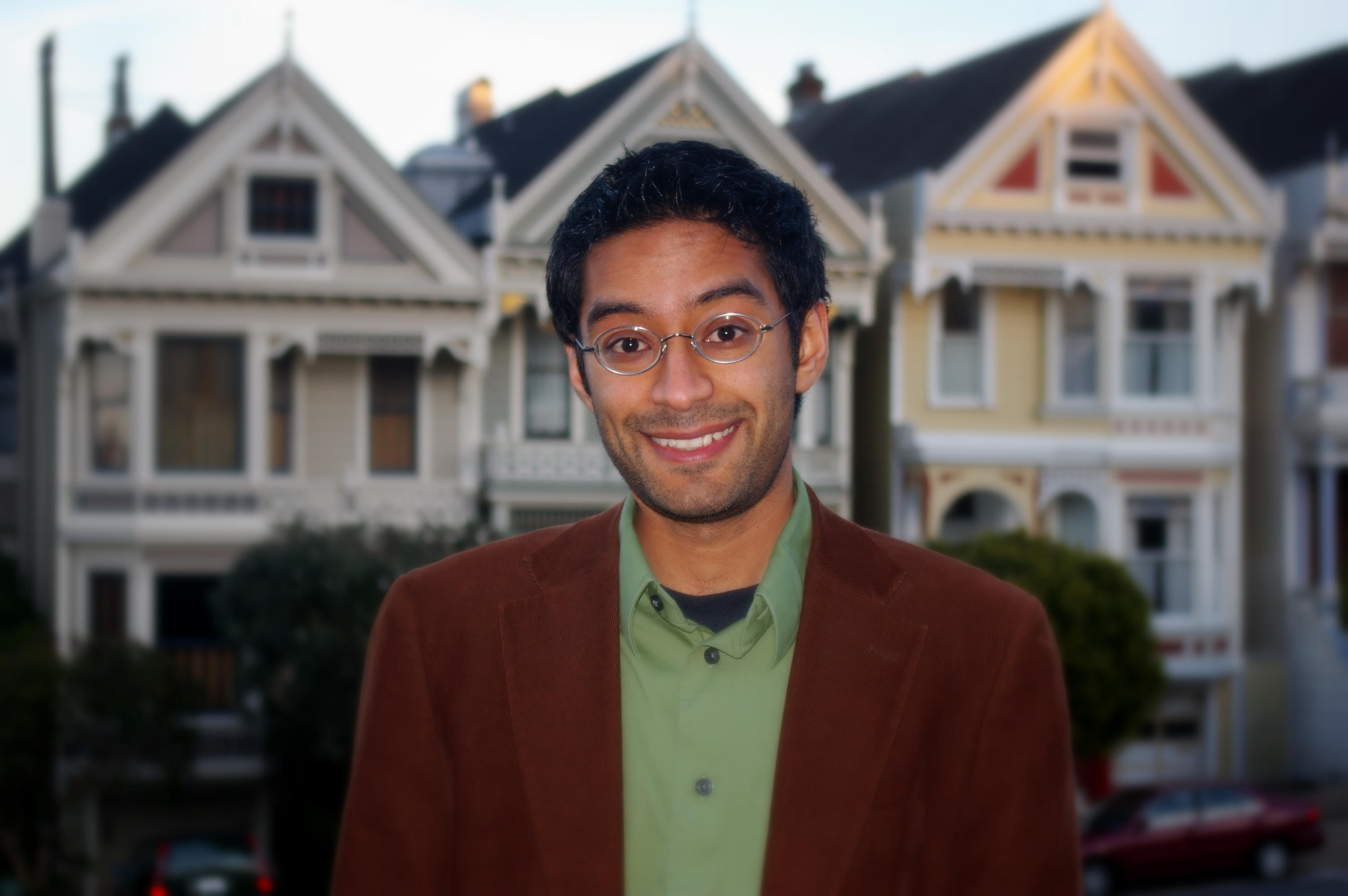Farhad Manjoo writes the“State of the Art” column for The New York Times, where he examines how technology is changing business and society. Before joining The New York Times, Manjoo was a technology columnist at The Wall Street Journal and Slate magazine. In 2008, Manjoo published a book entitled True Enough: Learning to Live in a Post-Fact Society. Currently, he is working on a book about the efforts by Apple, Amazon, Facebook and Google to rule the business world.
BPR: How have you seen technology promote or amplify the voice of the people?
FM: Ordinary people have a lot more say now collectively than they did in the past. For example, social media has enabled this very active instant protest movement, both on the left and right, in the United States and elsewhere. You see huge protests in South Korea, for example. Hundreds of thousands of people gathered in an instant in a way that was very difficult before social media. So [technology] definitely has increased the access people have to affecting political debates.
The other thing technology has done effectively is to reduce the power of institutions, like the media. The media has less of a gatekeeper role. Now, ordinary people have more say in how media flows, what stories become important, and what people are clicking on.
BPR: In 2008, you wrote a book titled True Enough: Learning to Live in a Post-Fact Society. What role does fake news play in this ‘post-fact’ world, and how serious is the threat that it poses?
FM: My thesis in True Enough was that we were entering this world where there would be a lot more fake stuff with two main reactions. One [reaction] would be that many [people] pursue the fake stuff, indulge the fake stuff, and ignore the truth because there is so much information out there to choose from. The way that we choose is based on our political and cultural beliefs, more than any rational reason that many people think we operate under.
The other [reaction] would be to just dismiss everything as untrue. A year ago, when fake news really became a term people used, they were talking about actual fake news — stories pretending to be from real news outlets on Facebook and elsewhere. Now the term fake news is a catch-all term, thanks to Trump and others, used to mean anything that you don’t quite believe, or even that you don’t like. That is the real danger. It’s not that everything is fake, but that we can easily dismiss everything we read as fake.
BPR: Hacks, like those against the DNC and Equifax, are putting Americans and political institutions at risk. Do you think there is a lag time between the mass rollout of technology and the full understanding of the vulnerabilities of that technology?
FM: I think there is not much understanding on the part of the public on the dangers of this stuff, but I also think there shouldn’t be. The answer is to blame the companies and the internet security apparatus rather than to promote fear. The consumers have been sold a bunch of technology, and it has been promised that it’s safe. And it’s not safe. The way to lock down and secure all your devices is not as easy as it should be. It’s not quite clear that the companies themselves have a handle on this, and so we are just very bad in terms of internet securing. And we are diving headlong into it. We didn’t start our aviation industry until we knew planes were safe to fly. But computers aren’t very safe about our information. We just had a whole presidential election where pretty much every correspondence of one of the candidates was leaked online. That was seen sort of as just what happens with computers, and it is kind of crazy that we allow that.
BPR: Where do you see the state of Net-Neutrality right now and the near future?
FM: I think Net Neutrality is one of those issues where there is going to be a compromise, perhaps worked out in Congress, that both the technology giants and the broadband giants are okay with. I do not think we are going to go back to an internet where it is much freer and technology companies do not have a hand in it. Today, we are in this internet that is ruled by corporations, and it seems like it is going to stay that way.
